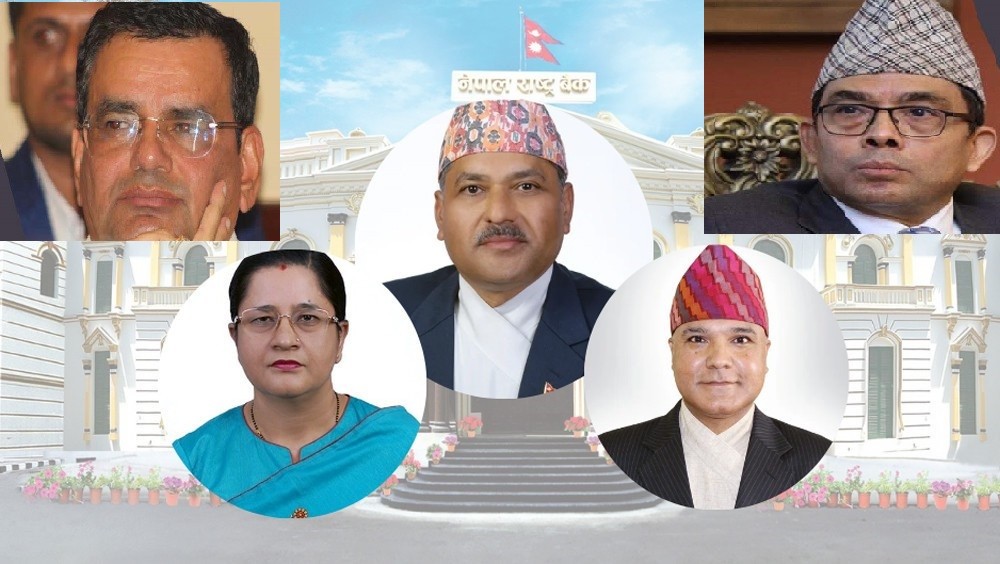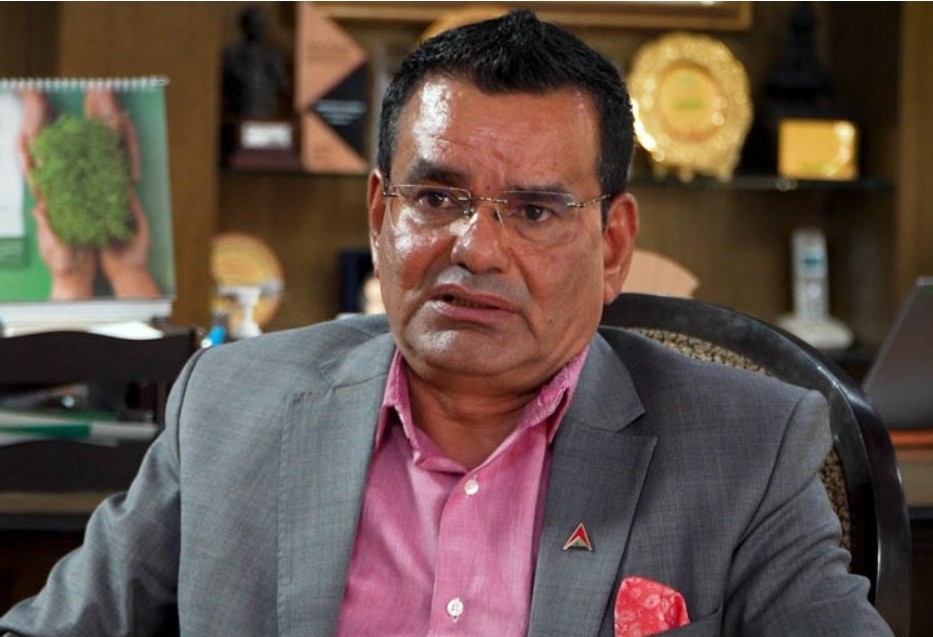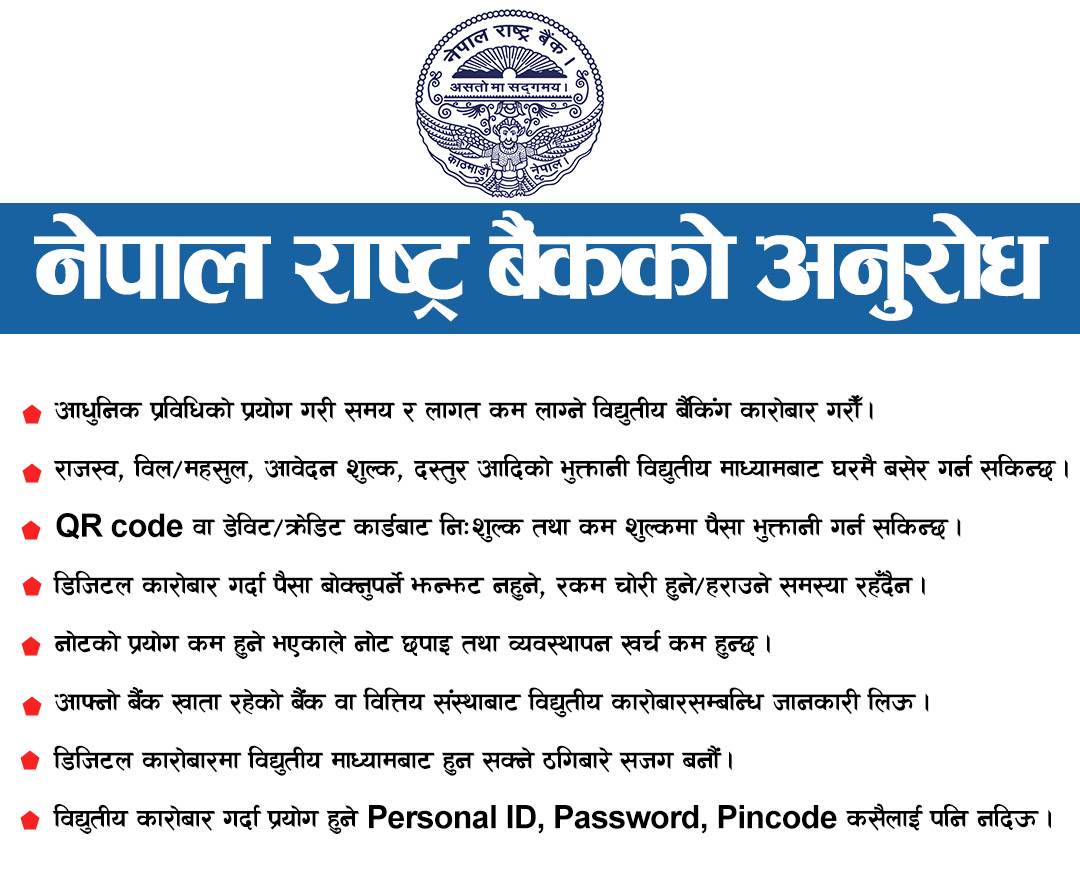Bankers Demand Check bounce should not be classified as a banking offence
Feb Sun 2023 03:18:00
729 views

Kathmandu. Financial institutions have demanded that check bounce cases should not be classified as banking offences. The Nepal Bankers' Association and the Nepal Development Bankers' Association have demanded to amend the existing system where the mistake of cutting a check (check bounce) is considered a banking offense despite the fact that there is no balance in the account.
The Development Bankers Association has submitted a suggestion to the Rastra Bank demanding amendments to the Banking Offenses and Punishment Act 2064 on Friday. In this way, even though no written suggestion was given, Sunil KC, the president of Nepal Bankers Association informed that they are presenting the argument to Rashtra Bank that the matter of check bounce is not a banking offense. His argument was, 'That is a personal transaction issue. Why call it banking crime? Why should the state spend resources on the issue of personal transactions by deputing police and lawyers?'
Most of those blacklisted in recent years have been accused in check bounce cases. Therefore, in order to discourage this trend, the association demands that the subject of check bounce should be removed from the Banking Offenses and Punishment Act and placed under the Bill of Exchange Act 2034.
Similarly, the association has also demanded that the bank employees be arrested and prosecuted for banking offenses only after receiving proof of the offence. The association has made this suggestion by demanding the amendment of the existing system in which all the employees who signed the file due to their official responsibility, even if they did not participate in the loan disbursement process, can be prosecuted for banking offences.
'The culture of arresting and prosecuting all employees by issuing arrest warrants to all employees, inspired by the idea that everyone involved in the loan process and signed the loan proposal letter or the mortgage inspection report has committed a crime. It is developing,'' the statement of the association said, 'it seems appropriate to keep the system of arresting the involved employees only after a deep investigation and confirmation of the crime is obtained.'
Similarly, during the investigation, the association has demanded that if there is an understanding with other employees/persons, they can be called for questioning, but until the basis of the offense is found, they will be left on a simple date or attendance bail. The association has also demanded to amend various 22 subjects in the Banking Offenses and Punishment Act along with the mentioned provision.








